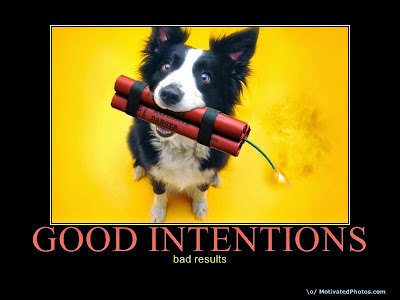"Step 1: Spend Time Talking to the End UserMost businesses classify themselves as business-to-business (b2b) operations, meaning they don’t sell to the end users of their product. Yet these businesses would benefit from interacting personally with the end users.
.
Take YouTube. ...
While the YouTube team knows it is critical to be well-connected to the needs of the “business” customers who pay them, they also spend time directly with their end users, attending events like the annual VidCon conference.Uma provocação para todos os que esquecem os "end users".
...
Step 2: Spend More Time with the Customer Than Your CompetitionWhen it comes to understanding your customers, spending quality time with them is important—but spending “quantity time” matters even more. Decision makers who spend enough time seeing the day-to-day lives and challenges of their customers have a level of understanding that staged drop-ins cannot provide. In addition, they get the “credit” that comes from being the supplier that is willing to walk in its customers’ shoes.
...
Step 3: Watch Consumers Buy Your Product Before consumers can use your products, they usually have to purchase them. There are many insights that can be gained from watching consumers as they attempt to do this.
...
Step 4: Watch Consumers Use Your ProductObserving consumers as they use your product or receive your service is the perfect chance to understand which features create value, which ones are never used, and which ones actually get in the way.
...
Step Five: Engage End Users as Product Designers Finally, consider putting your customers to work. Stop seeing them as research subjects and instead begin to see them as partners in product development.
...
A Word of WarningToday, businesses have more data than ever. While this is in many ways a great thing, it also creates a dangerous temptation to spend hours and hours analyzing spreadsheets, and runs the risk of confusing quantification for true understanding.
.
Big consumer firms are experiencing the dangerous downside of being insulated from the consumer."
Recordar "Alinhamento":
"The value proposition of the overall supply chain is the same as that of the company that is facing the end customer."Quem estuda, quem interage com o end-user tem um trunfo importante!



























